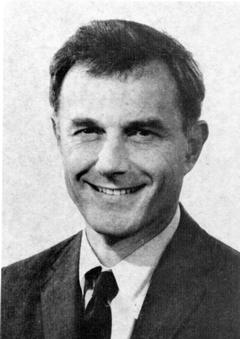by Tim Dedopulos
Fiction requires conflict and adversity, positivity and negativity. It’s less immediately obvious perhaps, but so does the everyday world.
While the ultimate poles of good and evil may be unhelpful abstractions, the struggle between them is played out in the storyverse through intermediaries. The side of good is typically positive, and that of evil negative, but the lines can blur, or even invert. The important thing is that the conflict endures. It is the engine of growth and development. The world is formed in the dance of creation and destruction.
Negative experiences are required for growth and development. Without them, there is no stimulus to act, no chance to learn the difference between right and wrong, and certainly no opportunity to stretch your abilities. What hero could ever come into her own without a foe to push her to her limits? Conflict drives technology, social change, personal maturation, even evolution itself. To live, in the end, is to struggle – permanent euphoria is as counter-productive as permanent anguish.
Fiction requires conflict and adversity, positivity and negativity. It’s less immediately obvious perhaps, but so does the everyday world.
While the ultimate poles of good and evil may be unhelpful abstractions, the struggle between them is played out in the storyverse through intermediaries. The side of good is typically positive, and that of evil negative, but the lines can blur, or even invert. The important thing is that the conflict endures. It is the engine of growth and development. The world is formed in the dance of creation and destruction.
Negative experiences are required for growth and development. Without them, there is no stimulus to act, no chance to learn the difference between right and wrong, and certainly no opportunity to stretch your abilities. What hero could ever come into her own without a foe to push her to her limits? Conflict drives technology, social change, personal maturation, even evolution itself. To live, in the end, is to struggle – permanent euphoria is as counter-productive as permanent anguish.
There have actually been real-world tests of this principle. In experiments pioneered by neurobiologist Jim Olds more than 40 years ago, rats were wired to give them the ability to directly stimulate the pleasure centres in their own brains. After a short period of adjustment to the sensation, each rat quickly turned all its attention to triggering bliss. Food, sex, physical pain and even exhaustion were ignored; the rats just kept on firing their pleasure stimulators until they passed out, or died. Similar factors are thought to be the primary issue in the biology and psychology of human addiction. We’re just not designed to be able to successfully exist in a perfect world.
Good and evil cannot meaningfully exist in the world in isolation. Either one would be so destructive to the patterns of life that we know that it would wipe us out. There’s no doubt that ultimate good would be a much more pleasant way to go, but in the end the final result is exactly the same. No more people. And that’s as true of the real world as it is of any story.
Good and evil cannot meaningfully exist in the world in isolation. Either one would be so destructive to the patterns of life that we know that it would wipe us out. There’s no doubt that ultimate good would be a much more pleasant way to go, but in the end the final result is exactly the same. No more people. And that’s as true of the real world as it is of any story.


 RSS Feed
RSS Feed
